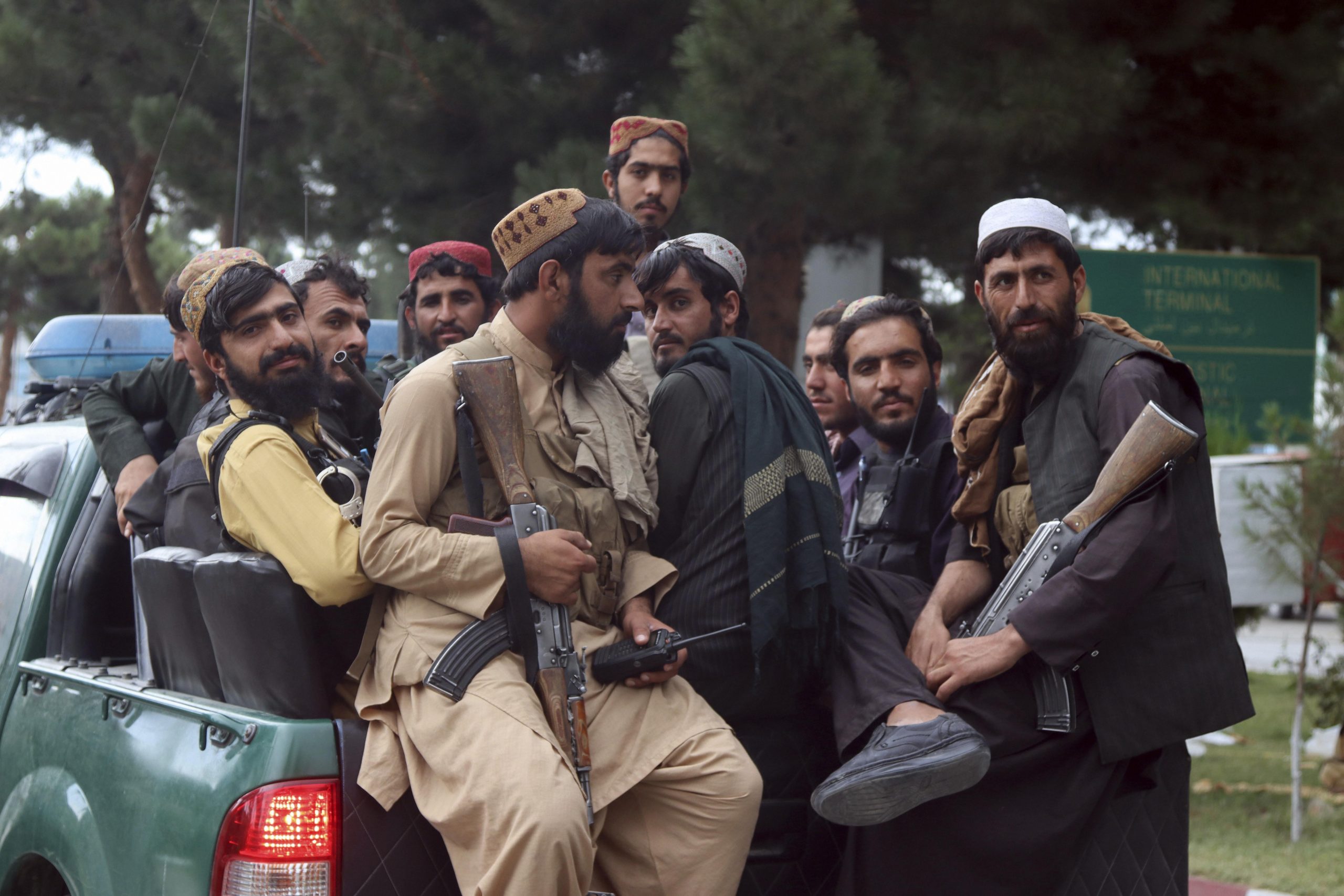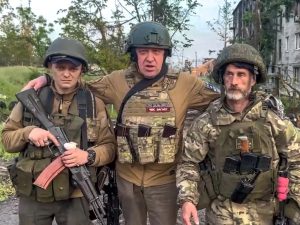Taliban’s spokesperson Zabiullah Mujahid has denied reports that suggested killing of a policewoman in Firozkoh, the capital city of central Ghor province in Afghanistan, by the group. He added that the investigation is ongoing.
As reports of Taliban’s oppression of women in Afghanistan have been making headlines since the group took control of the country last month, BBC stated that a policewoman, identified as Banu Negar was shot dead. Family members of the officer said that her face was “heavily disfigured” due to the Talibani assault.
Also read: Protect those seeking new life: Pope Francis prays for Afghans to find refuge
The Taliban had killed her in front of her kids and husband during a door-to-door execution, The Sun reported.
Images of the deceased policewoman were circulated on social media. Her body can be seen lying on a blood-stained carpet.
However, the Taliban told the BBC that they had no involvement in Negar’s death and are investigating the incident.
“We are aware of the incident and I am confirming that the Taliban have not killed her, our investigation is ongoing,” spokesman Zabiullah Mujahid said.
Also Read | Afghan crisis: Criticising West, Pope misattributes Putin quote to Merkel
He put Negar’s murder down to “personal enmity or something else”, adding that the Taliban had already announced an amnesty for people who worked for the previous administration.
The family say Negar worked at the local prison and was eight months pregnant. As per BBC reports, three gunmen arrived at the house on Saturday and searched it before tying members of the family up, relatives say.
A small group of Afghan women protested near the presidential palace in Kabul on Friday, demanding equal rights from the Taliban as Afghanistan’s new rulers work on forming a government and seeking international recognition.
Also read: 600 Taliban fighters killed, 1,000 captured in Panjshir: Resistance forces
The Taliban captured most of the country in a matter of days last month and celebrated the departure of the last U.S. forces after 20 years of war. Now they face the urgent challenge of governing a war-ravaged country that is heavily reliant on international aid.
The Taliban have promised an inclusive government and a more moderate form of Islamic rule than when they last ruled the country from 1996 to 2001. But many Afghans, especially women, are deeply skeptical and fear a rollback of rights gained over the last two decades.







